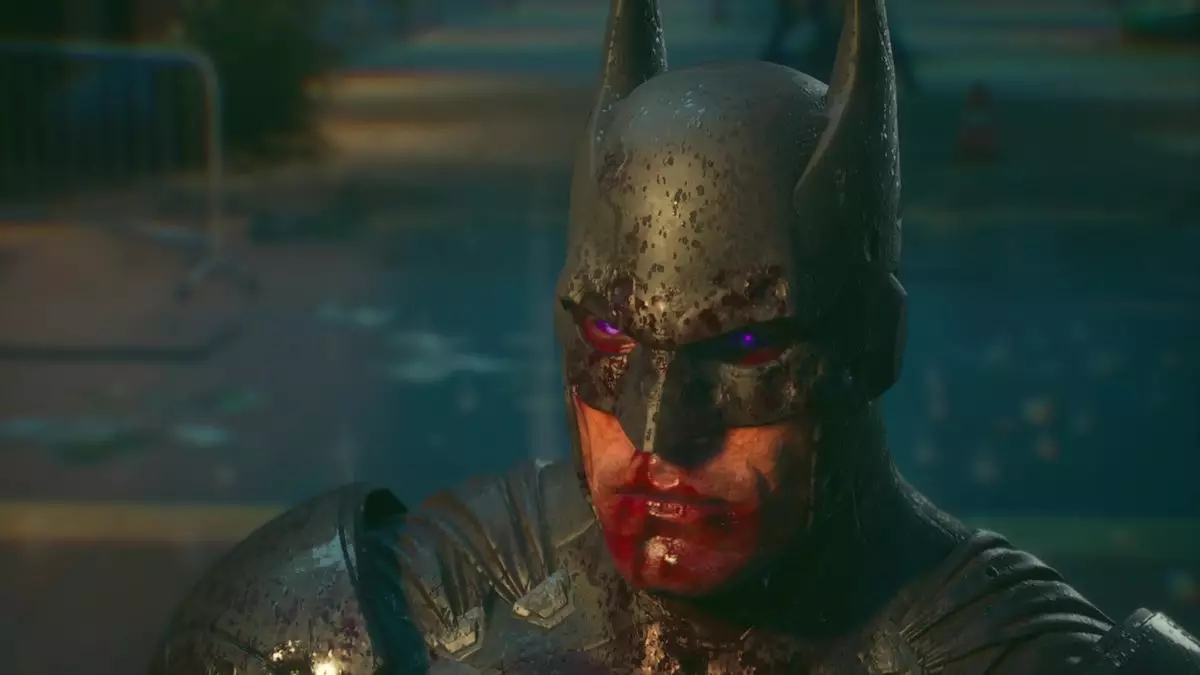The video game landscape is no stranger to polarizing releases, but few have sparked such a wave of disappointment and criticism as *Suicide Squad: Kill the Justice League*. Initially unveiled with much hype, the game fell spectacularly short of expectations upon its launch. Neither fans nor critics found much merit in its execution, marking it as one of the more disheartening disappointments in recent gaming history. The game was widely criticized for its repetitive mission designs that feel more like chores than engaging gameplay and a confusing blend of combat systems that never quite gelled. The drive towards a cooperative live service model, while seemingly ambitious, ultimately diluted the focus on storytelling and gameplay quality.
One could argue that the greatest sin of *Suicide Squad: Kill the Justice League* lies not just in its gameplay mechanics but in how it handles its narrative. The most poignant moment—a bold, brutal narrative choice—was the shocking assassination of Batman. This act could have served as a bold new direction for the franchise, but instead, it is undermined by the game’s clumsy conclusion. Just as the story reaches its zenith, players are left to digest a two-minute comic strip resolution that brushes aside the stakes of the climactic encounter. This ending serves as a disservice to the emotional gravity the game attempted to establish, further solidifying the notion that the creative team had lost their grip on the narrative’s potential.
In a particularly frustrating move, developers chose to reveal that the Justice League members killed throughout the game were merely clones, rendering the entire conflict null and void. This moment of revelation feels painfully contrived; the use of clones as a narrative device is a well-trodden path in comic lore. For a title that promised to delve into darker themes and challenge the status quo, reverting to familiar tropes only leaves the audience feeling cheated. In a game that insists on the idea of “killing,” to learn that those deaths were fake feels like an intentional misstep, betraying players who invested their time and emotions into a storyline that would ultimately lead nowhere.
Additionally, there is a significant stylistic concern regarding the choice to wrap up the narrative in a two-dimensional comic strip rather than utilizing a fully rendered 3D scene. This choice conveys a lack of ambition and creativity on the part of the developers, leaving a sour taste that permeates the experience. For gamers accustomed to immersive cutscenes that elevate narrative arcs, this flat conclusion is not only unsatisfying but diminishes the quality of the entire gaming experience. It feels like a forgotten afterthought rather than a proper conclusion to an epic story.
In hindsight, the entire premise of *Kill the Justice League* feels marred by a lack of substantial stakes. With the twist of clone-induced deception, the entire narrative loses its weight and significance. Players who had hoped to see a redefined universe or permanent consequences for beloved characters must reckon with the fact that the game has essentially rendered itself meaningless. While it may be comforting for those who cherish the Arkham Batman to know he remains unscathed, this twist only reinforces the idea that the game is devoid of any real impact on the broader narrative context.
As the player base dwindles—marked by staggering reductions in participation since launch—the future of *Suicide Squad: Kill the Justice League* looks bleak. A game that promised exciting narrative potential and engaged gameplay ultimately faltered, leading many to declare it one of the worst entries in the DC gaming universe. Beyond mere disappointment lies a wasted opportunity to explore complex themes and offer gamers a profound and unforgettable experience. For now, players are left wondering what could have been, and the legacy of this title is a cautionary tale on the importance of narrative cohesion and meaningful gameplay.


Leave a Reply